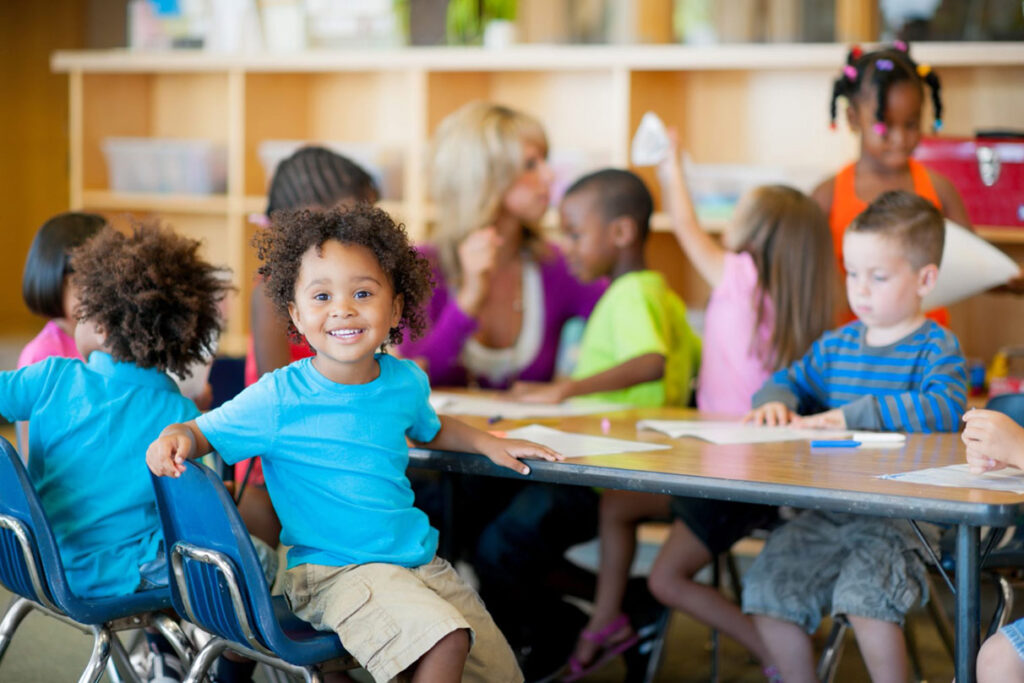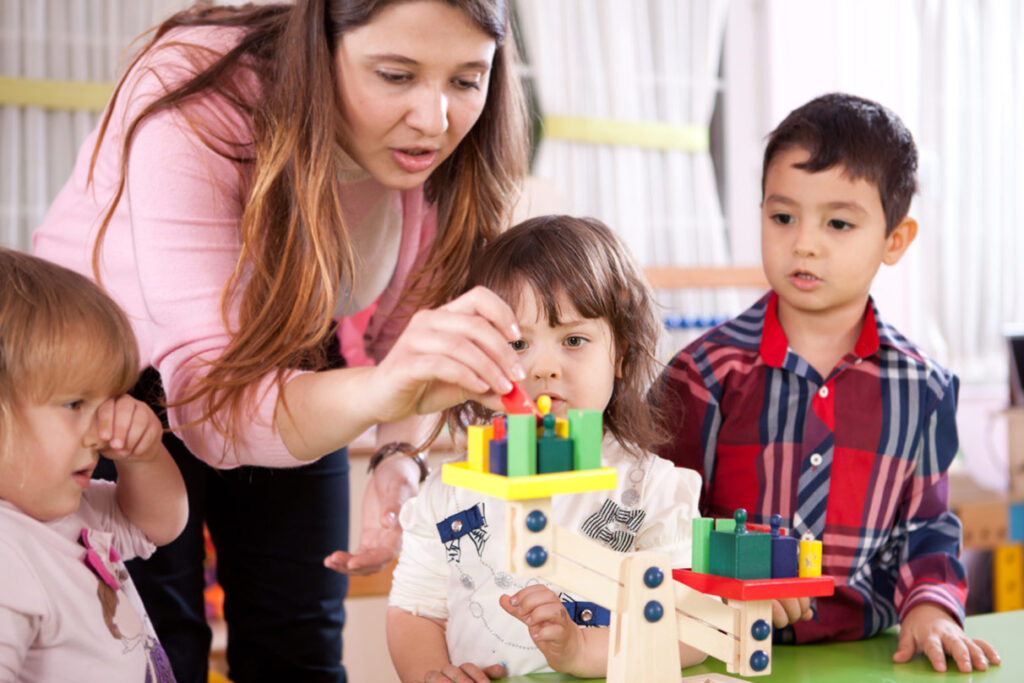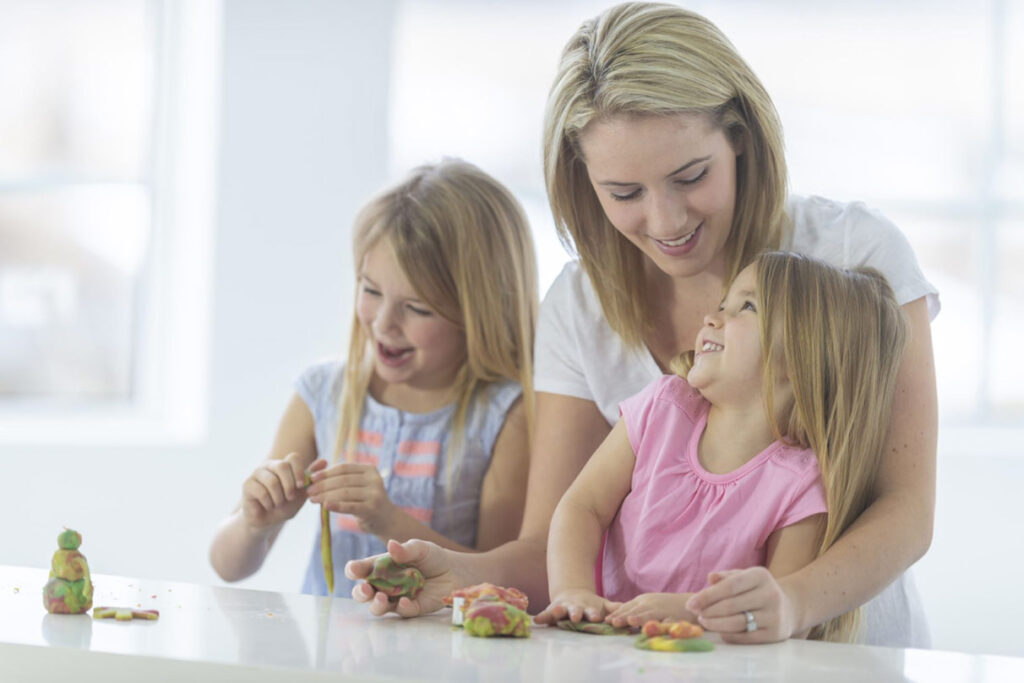Giving children proper praise is essential for encouragement and to be effective.
Parents and teachers frequently use words of encouragement when talking to children, because positive language is important when speaking to them. Praise from an adult can teach a young child to repeat the action that earned the praise. Praise can have an extraordinarily positive impact on children when it is appropriately used.
The use of phrases like “well done” or “good job” is popular, but the effects on motivation are not always guaranteed. Careless use can even have the opposite effect.
The right words of encouragement can enhance confidence, boost optimism and enhance perseverance in children. Knowing what appropriate praise for children is and how to give it is important.
What is praise and why does giving children proper praise matter?
An expression of praise is expressing approval for a child’s actions or behaviour. It does not include criticism. A phrase such as “good job for not complaining” is not giving children proper praise. Telling a child that you like what they’re doing or how they’re acting is praise for children.
Compliments are a great way to build a child’s self-confidence. When a child is complimented, their self-talk is modelled for them. It also teaches the child to be proud of themselves when they achieve something.
What to avoid—methods that don’t give children proper praise

Negative attention
When there are children in a room, the misbehaving child is most likely to get the most attention. Instead of telling the misbehaving child to stop running, jumping or whatever, we should praise good behaviour and try to motivate the misbehaving child to follow the actions of the behaving child. Rather than calling out behaviour you want to stop, just point out what you want to see.
You can praise a child for doing something well by saying, “I see you’re packing up quietly on your own. Well done!” Children do things that get attention and may just do something you praised another child for.
Conditional praise
Children learn to value themselves based on a particular outcome or level of performance when they receive conditional praise or praise dependent on the outcome. Children who receive conditional or controlling praise are less likely to be intrinsically motivated. Furthermore, they have lower self-esteem and are less inclined to try new things for fear of failure, according to studies. Tell them what they did well instead of saying, “You did well! I believe you can do better next time.”
Comparison praise
Children who receive comparison praise tend to grow up to be sore losers. They are taught to be the best in a competition instead of getting better at something. If they decide to strive to outperform other children, they lack intrinsic motivation. The only thing we should praise children for is their mastery of a task or in comparison only to themselves. For example, “You ran faster than you did yesterday.”
Over-praise
The research shows that excessive praise does not inspire children to work hard. They may feel pressured to meet unrealistically high expectations, making it more difficult for them to try new things. Do not praise kids too much for things that are easy for them to do or that they already enjoy doing. Do not say things like, “That was so perfect. You’re a genius!”
What to do—recommend methods for giving children proper praise

Give sincere and honest praise
If you don’t match your praise to the behaviour, children won’t believe you. Children don’t believe words of praise if how they’ve acted contradicts what they have been told. Insincere praise doesn’t work and can also be harmful, as it doesn’t feel like it’s encouraging. If children think their parents or teachers are trying to manipulate them or feel sorry for them, they may start criticising themselves. So, instead of saying, “You’re the smartest kid,” offer more realistic praise, like, “You did a great job finishing your homework.”
Make specific praise
Noticing little things shows that you have been paying attention and that you care. Use words that are descriptive and specific. The more specific and unique the encouragement, the more likely it will be seen as authentic and genuine. For example, it’s more effective to point out a particular part of a child’s actions or explain what they did that led to good results. You can use phrases such as, “You’re getting much better at holding the ball between bounces.”
Praise the effort
When you praise a child’s effort rather than the outcome, they will try harder in the future. Praising them for their hard work can also motivate them to see the results of their efforts. Don’t wait to praise them until they have mastered something. Instead, comment on small changes and adjustments.
It’s better to say, “I love the strokes you made and the colours you chose for your painting!” than, “I love your painting!”
Be spontaneous
When giving children compliments, be sure to focus more on praising them than criticising them. Praising their positive behaviour is a more effective way to discourage misbehaviour. Even seemingly insignificant comments can have a significant impact over time.
Benefits of giving children proper praise

It is important to praise and guide children to change their behaviour, to be more confident and even to do something they have never done before. You can motivate children to do something or behave in a certain way by giving them proper praise. You can improve their cooperation and make them better at sharing, taking turns, using kind words and interacting with others by giving them appropriate praise. Following rules and directions can also be easier if you use the right words of encouragement.
In addition to boosting a child’s confidence, praise keeps them motivated, encouraging them to work hard and persevere in spite of challenges. When you praise children for their efforts, they will be more willing to put in more effort and be more patient.
It is always good to appreciate a child’s achievements and help them feel enthusiastic about their own passions. As parents, teachers and other adults around children, we should all look for the positive and praise our children every day. By choosing simple, well-chosen words, children can gain a great deal of confidence and be more confident in their future.
If you’ve given praise that isn’t aligned with the guidelines above, don’t worry about it! It’s never too late to start giving children proper praise. You can use these tips to guide you in future exchanges with children.
You can use our playworker platform, Playground, to record videos of you giving children proper praise to share with families in Posts. This will not only show families the level of care you provide to each child but will also model the behaviour for them to repeat at home. If you’d like to learn more about what Playground can do for your wraparound care setting, please contact us for a short demo.

by Xplor Childcare
-
First published: 15 November 2022
Written by: Xplor Childcare
